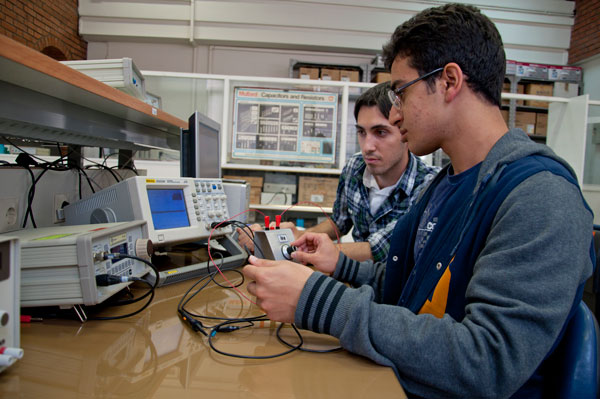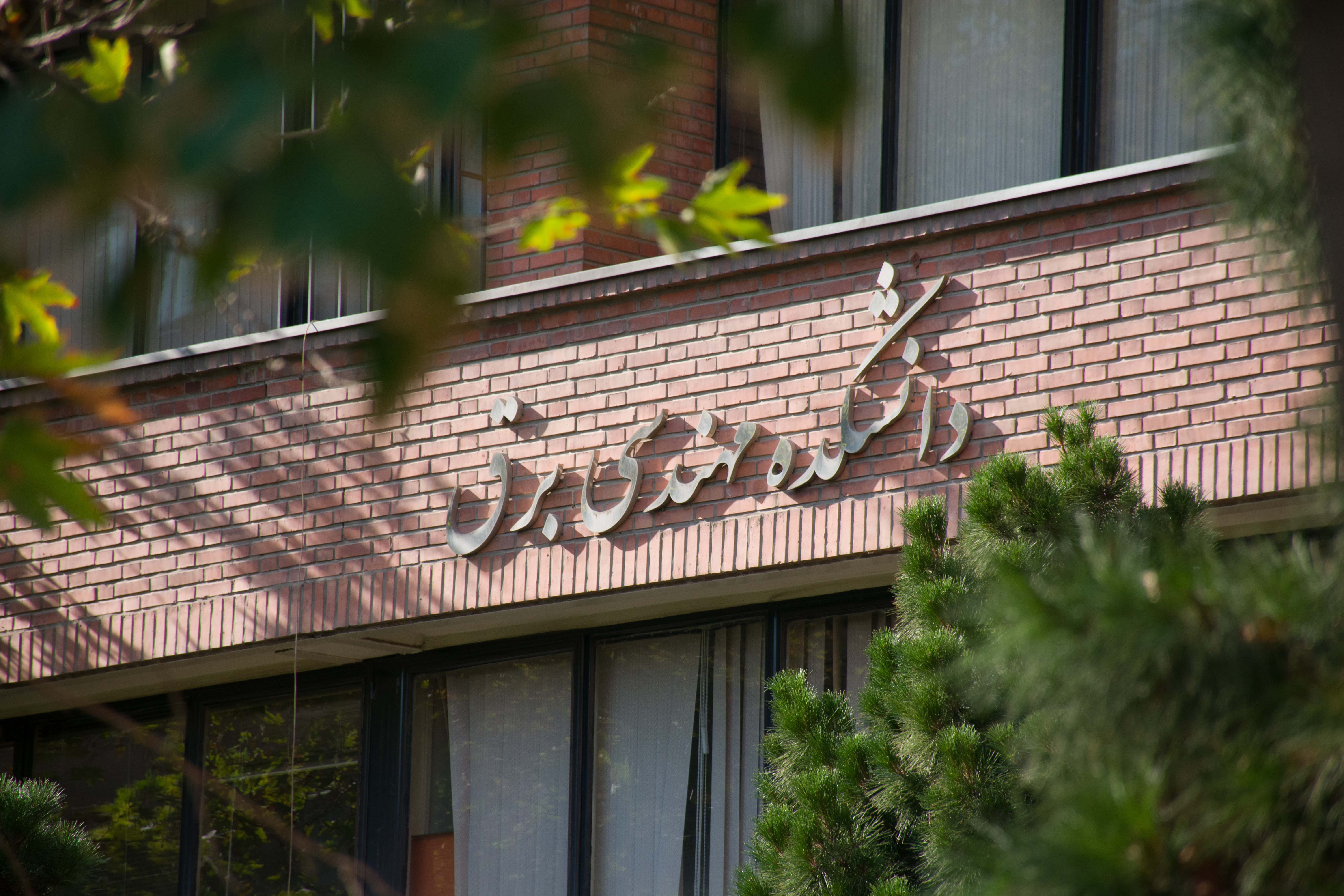
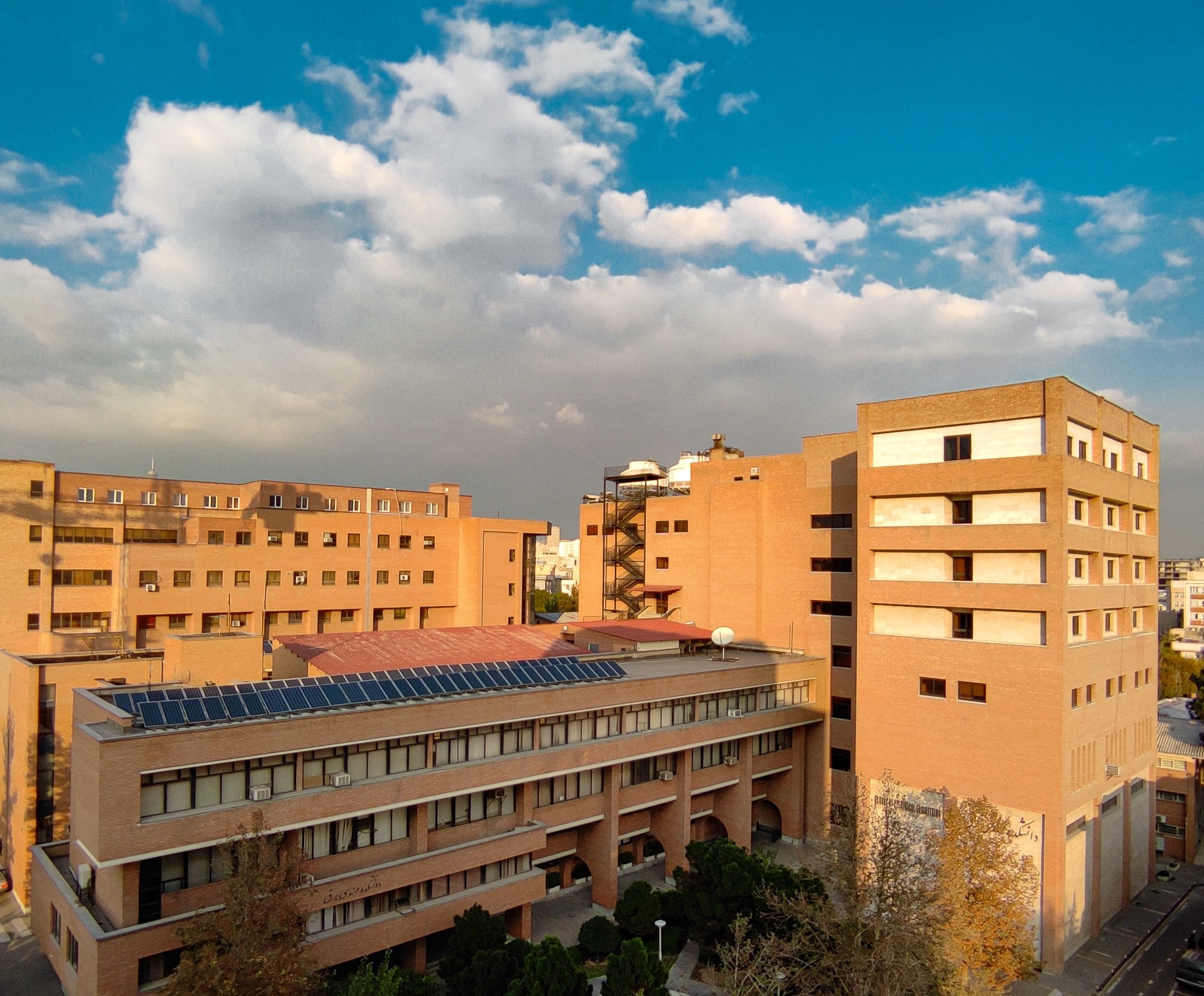
Welcome to the official website of the Electrical Engineering Department at Sharif University of Technology. Established in 1966, this department has a rich history spanning over 58 years, making it a leading institution in the field of electrical engineering in Iran. We hope that the synergy among our colleagues will lead to excellence in education, research, technology, dynamism, and creativity among our faculty, staff, and students in carrying out educational and research missions.
The Electrical Engineering Department has gained a special reputation and prominence among the higher education institutions in Iran and globally over the past sixty years. The entering students of this department are selected from among the best high school graduates through a rigorous competition, with several thousands of participants in the national university entrance exam. We take pride in the fact that the Electrical Engineering Department at Sharif University of Technology is among the first choices of thousands of elite and enthusiastic candidates for university studies in Iran. We proudly announce that considering the mentioned characteristics, including having prominent faculty members, the high scorers in the university entrance exam have chosen and registered for our department in the field of electrical engineering. Furthermore, over 90% of the most talented and youngest elites, who have consistently won medals in international Olympiads in mathematics, physics, computer science, chemistry, and more, aim to pursue their academic path in this department. Most of our students, after completing their undergraduate studies, continue their academic journey in the best universities, either domestically or internationally, based on their personal interests and the pursuit of success. Some also enter the job market at this stage. Currently, over 850 undergraduate students and 650 graduate students are actively engaged in their studies in this department.
The Sharif University of Technology's Faculty of Electrical Engineering is recognized as the most distinguished engineering faculty in Iran, boasting over 58 years of history. Among all fields of electrical and computer engineering in the nation, it holds the highest global ranking. With more than 75 faculty members, it stands as the largest faculty at Sharif University of Technology, offering the most diverse educational and research programs within the university.
Traditionally, students admitted to this faculty are among the most talented in the field of mathematical physics, demonstrating readiness to undertake a rigorous and diverse course of education and research in various areas related to this discipline. Graduates naturally have the opportunity to pursue further studies and professional activities in top institutions both domestically and internationally. Many of them have become successful founders and managers of knowledge-based startup companies and are actively engaged in technology-driven corporations.
The success of Sharif's electrical engineering lies in its deep educational programs coupled with the flexibility to foster the talents and capabilities of its students. Additionally, given the extensive growth in the fields of information sciences, informatics, computer science, and data sciences in recent years, a significant number of faculty members are currently involved in key projects and interdisciplinary research in these areas. In addition to other electrical engineering domains, students interested in these fields can pursue their research interests while taking specialized courses and engaging in up-to-date projects, facilitating their further education or entry into the job market.
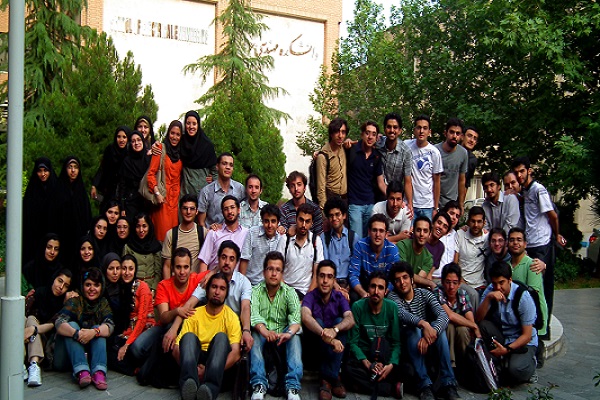
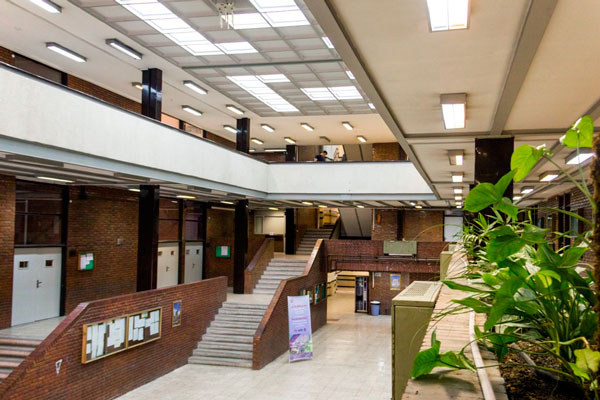
Alongside its significant role in training adept engineers for the country, this faculty has been contributing valuable innovations for nearly two decades in crucial research areas such as applied technologies in power distribution, integrated circuit design, optical communications, control systems, robotics, and intelligent energy systems at the postgraduate level, primarily through doctoral dissertations.
Throughout this period, the faculty has expanded its research domains in the following seven areas:
- Power Systems and Electrical Energy Engineering (including power systems, power electronics, electric machines, and high voltage)
- Telecommunications (covering wireless communications, signal processing, encryption, network security, and electromagnetics)
- Microwave and Photonics
- Control Systems
- Electronics (including integrated circuits and semiconductor devices)
- Digital Systems
- Biomedical Engineering – Bioelectronics
With consideration of the advantages gained from the presence of experienced faculty in this faculty, over the past half-century, it has been able to offer 10 branches in the fields of electrical engineering at the master's and doctoral levels, based on a twenty-year plan, to meet the needs of universities, research centers, and industrial institutions of the country.
Ultimately, this faculty has undertaken the following four major tasks in this decade:
• Continuing the development and presentation of advanced and international educational programs for electrical engineering
• Interacting with research environments in the field of electrical engineering at the national and international levels
• Training engineers of excellent quality for the country and in accordance with global standards
• Advancing research at an excellent level in key areas needed by the industry
In addition, collaboration with important and large universities in the country and the development of cooperation with leading research centers are also among the goals of this faculty. Through planning for the development of research laboratories and the necessary infrastructure, the expectation is for the publication of high-quality articles and books, as well as the registration of significant inventions in the future by this faculty. The goal of the faculty is to continue delivering the best electrical engineers to society in the future and to become a pioneer in research and technology in Iran and the world.
